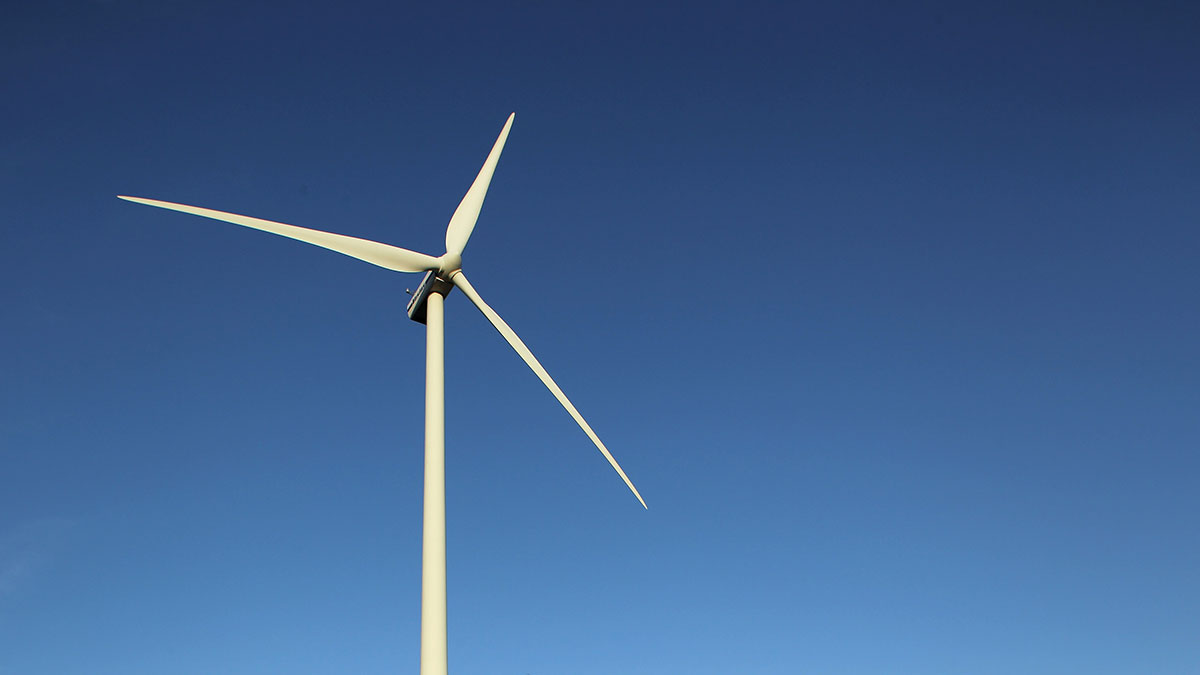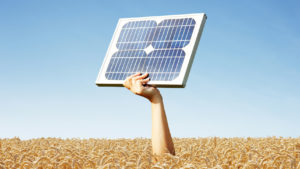Tilt pimps giant NZ wind turbine after Aussie setback

Wind turbine
Tilt Renewables (ASX:TLT) has erected what will be the largest wind turbine in New Zealand, just weeks after telling investors that output at its flagship Victorian wind farm has been throttled by the energy market operator.
The South Taranaki Waipipi Wind Farm turbine can generate up to 4.3 megawatts (MW) and has a 130m rotor diameter.
Installation was disrupted by New Zealand’s strict COVID-19 lockdown and by ongoing supply chain issues caused by the pandemic.
The farm is set to to have 31 turbines with a total installed output of 133.3MW, or enough to power about 70,000 homes. The project is scheduled to be completed by the first quarter of 2021.
Australian grid problems
The news comes almost two weeks after the company said that despite having erected all 80 turbines at its $650m, 336MW Dundonnell Wind Farm located in Western Victoria, only 113MW were fully operating.
The Australian Electricity Market Operator (AEMO) raised concerns around the project’s impact on voltage in the electricity grid, despite certifying it as compliant in 2018.
“Tilt continues to work with AEMO and turbine supplier, Vestas, to mitigate AEMO’s unanticipated concerns,” the company said.
It doesn’t know how long it will take to assuage AEMO’s new concerns.
The delay means the company now estimates that group EBITDAF (earnings before interest, depreciation, amortisation and fair value adjustments) will fall below the guidance given in May.
EBITDAF is estimated to be up to 19 per cent lower at $65m to $80m.
In May, Tilt said fiscal 2021 would be “a transitional year” with 469MW of new generation planned to come online. It said EBITDAF for the coming year was expected between $80m and $95m.
“The delay to reaching full production at Dundonnell Wind Farm is unfortunate given Tilt has followed the prescribed connection process, however it should be remembered that this is a long-term infrastructure asset which will eventually move to full production and produce strong cashflows for more than 30 years,” CEO Deion Campbell said.
Up in the air
The renewable energy sector has been touted as a possible $50bn engine to drive economic recovery after the COVID-19 pandemic is brought under control.
But a lack of government policy around carbon emissions and renewables, and regulatory problems as AEMO struggles to reform energy market rules while simultaneously manage diverse new demands on grid infrastructure, caused investment in renewables to collapse last year by 60 per cent.
The result for companies has been mixed.
Windlab was taken over by Federation Asset Management in June for $68m, which was chiefly interested in its African assets. The company was undervalued by Australian investors despite a portfolio of high potential renewable projects.
Infigen (ASX:IFN) on the other hand is the subject of a bidding war between Philippines-owned UAC Energy and Spanish company Iberdrola. The bids stand at 86c and 89c a share, respectively.
Related Topics
UNLOCK INSIGHTS
Discover the untold stories of emerging ASX stocks.
Daily news and expert analysis, it's free to subscribe.
By proceeding, you confirm you understand that we handle personal information in accordance with our Privacy Policy.








